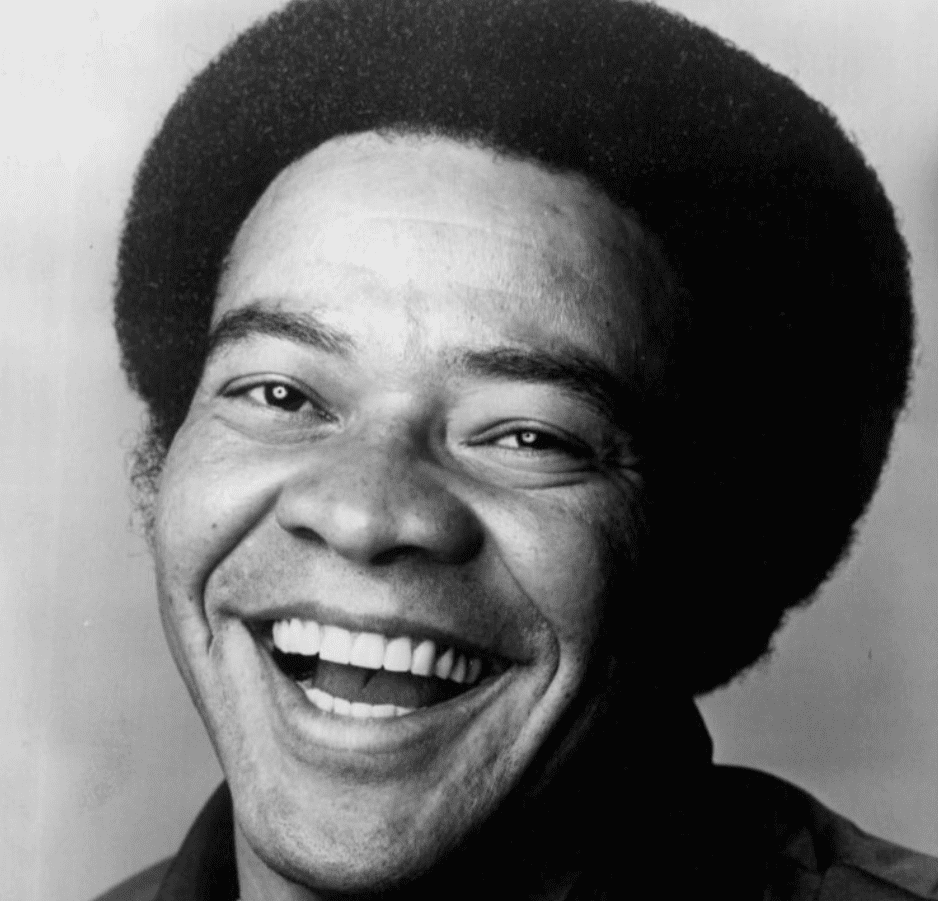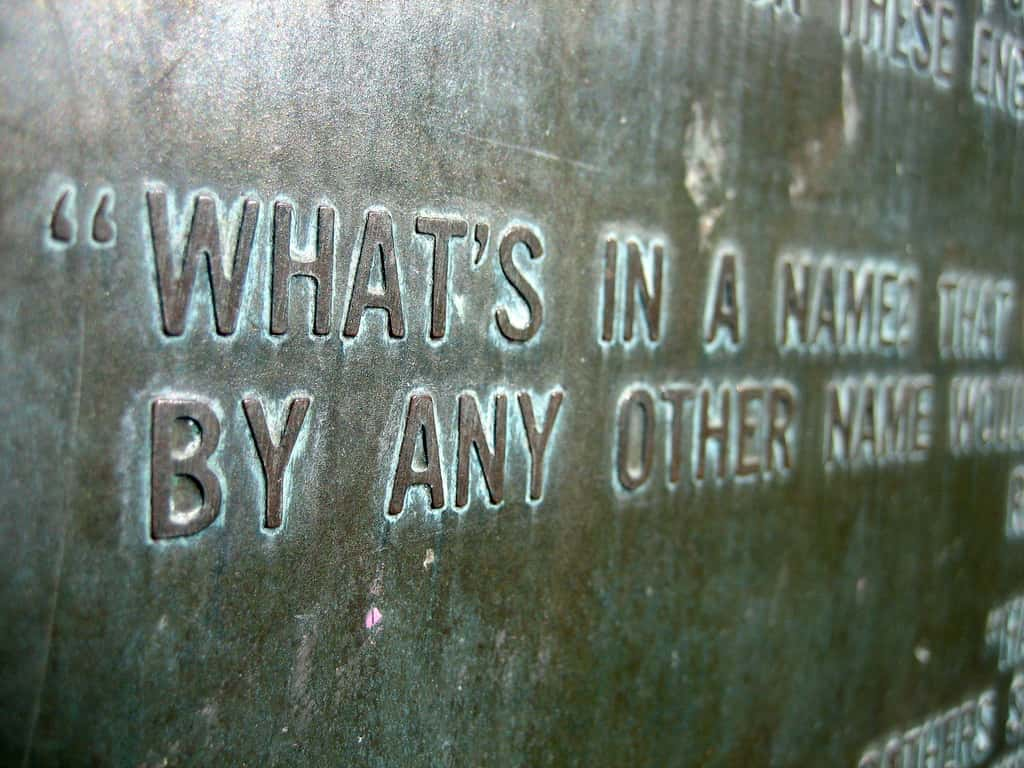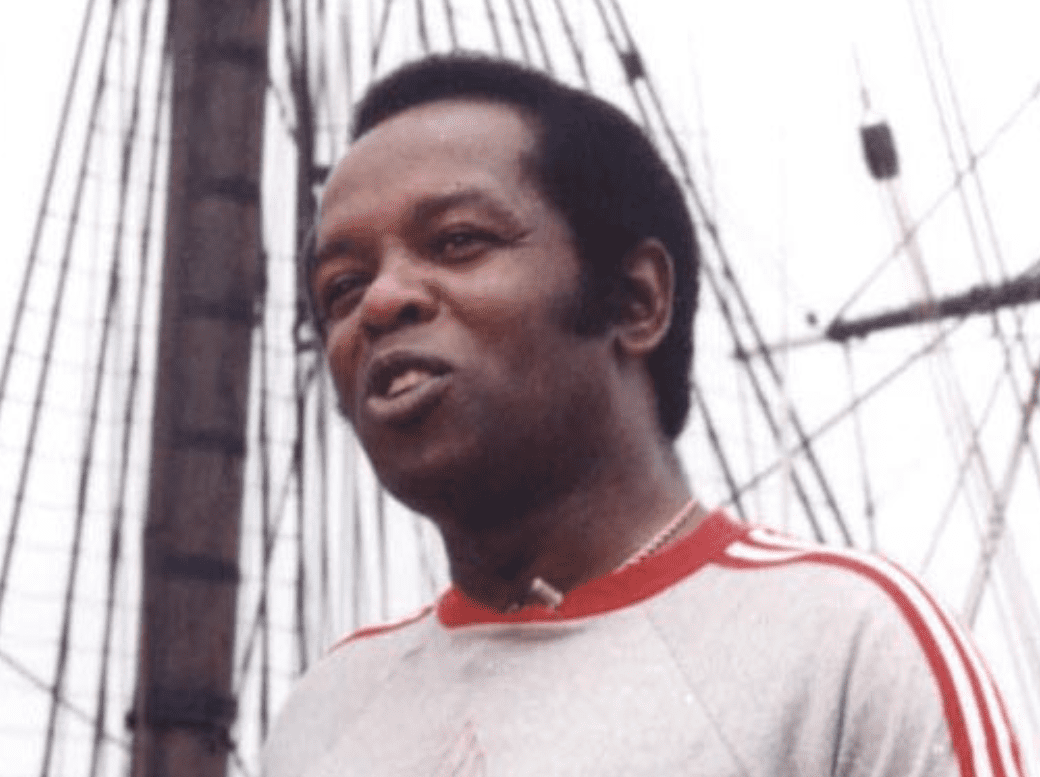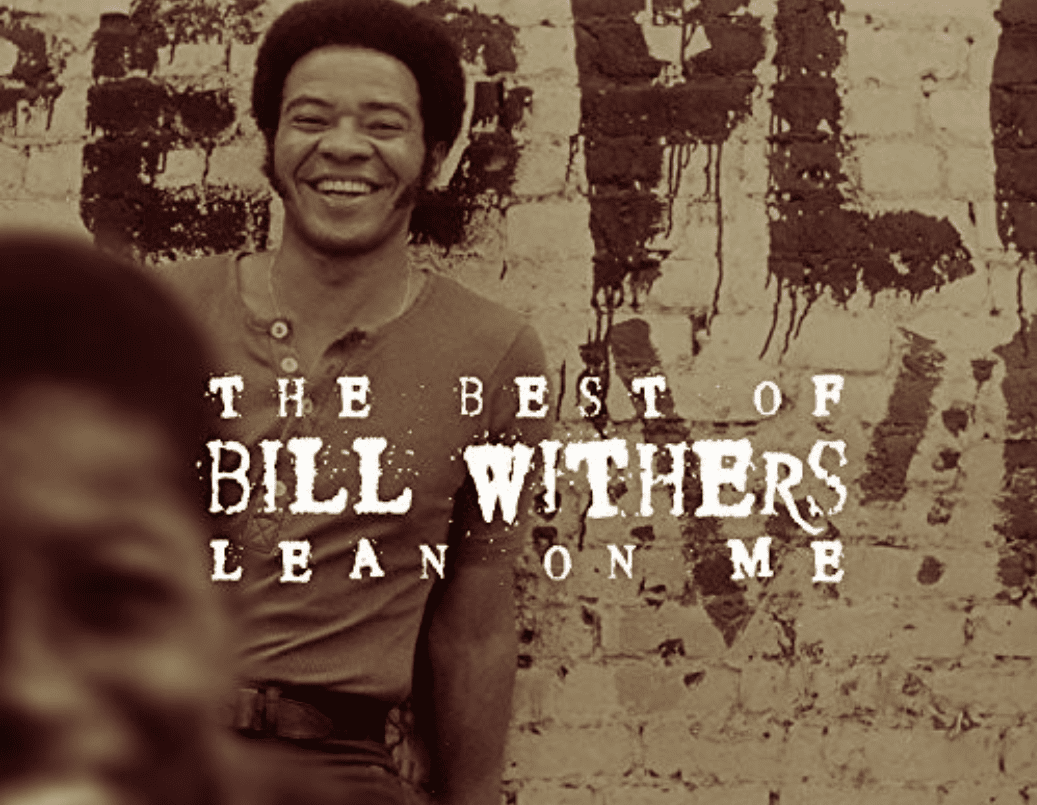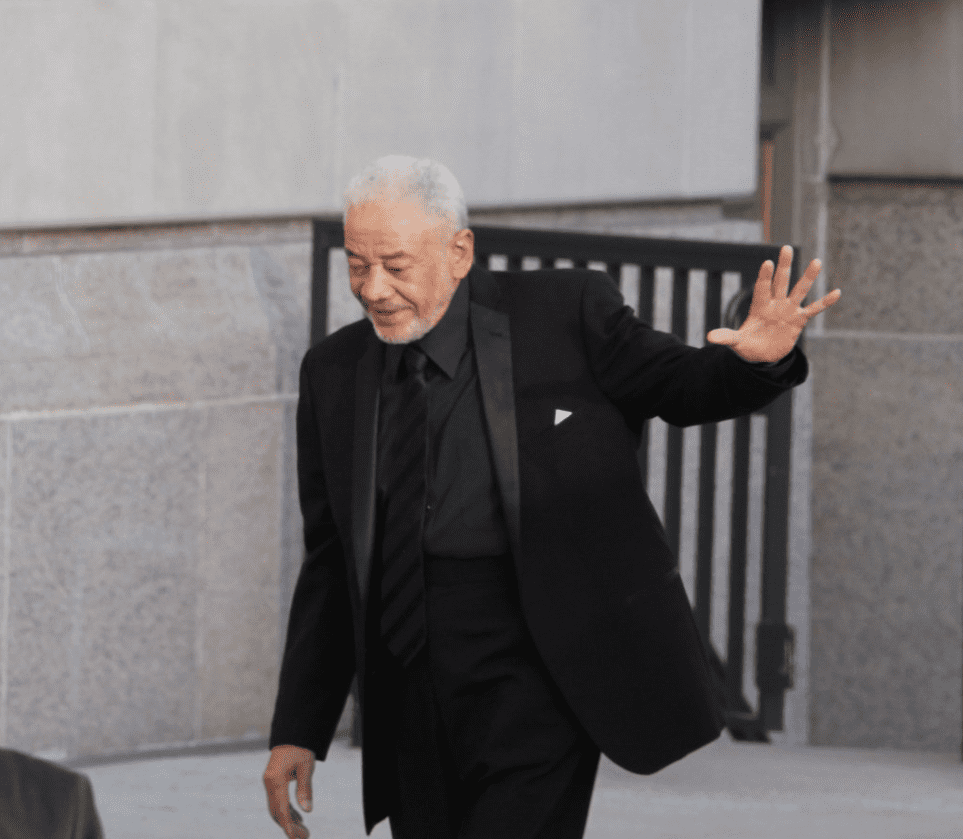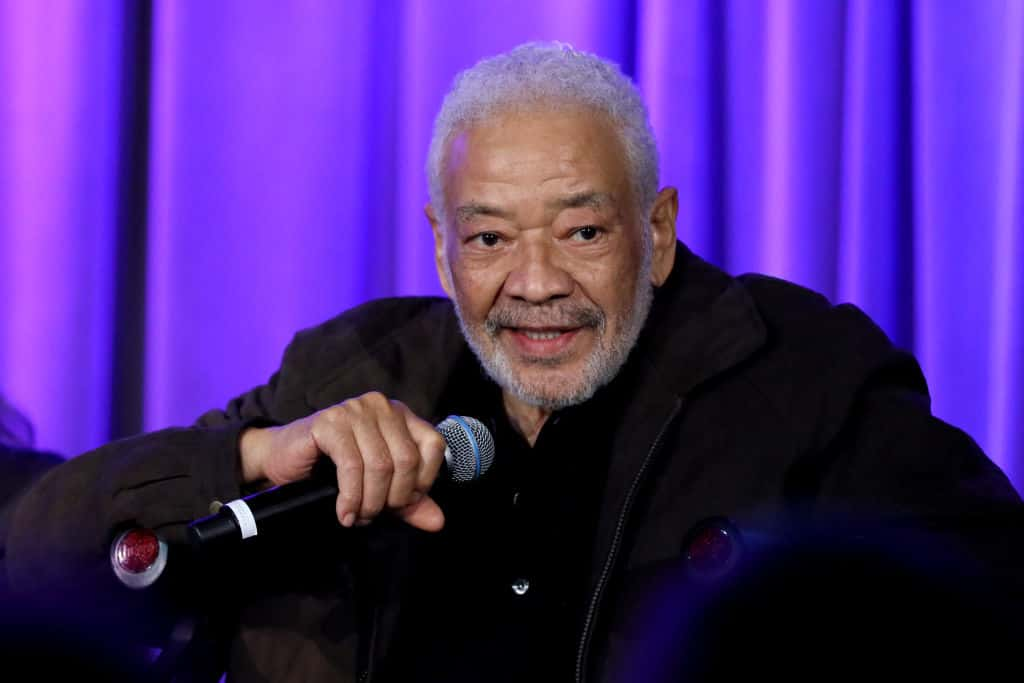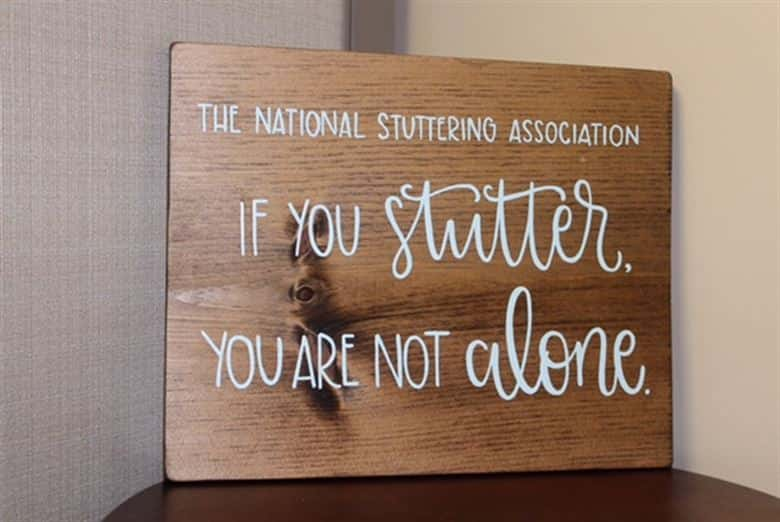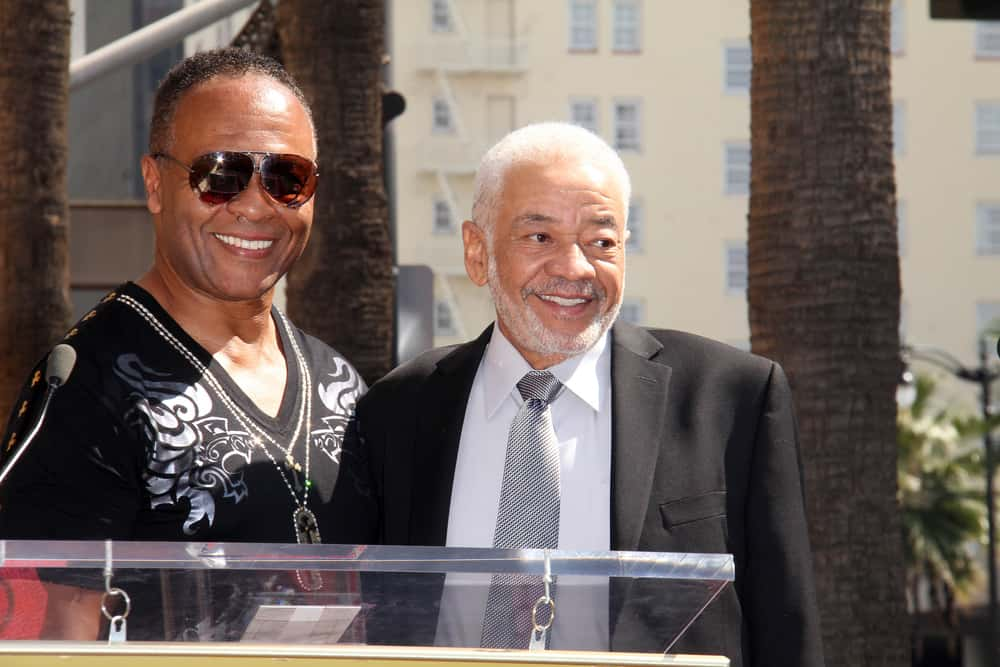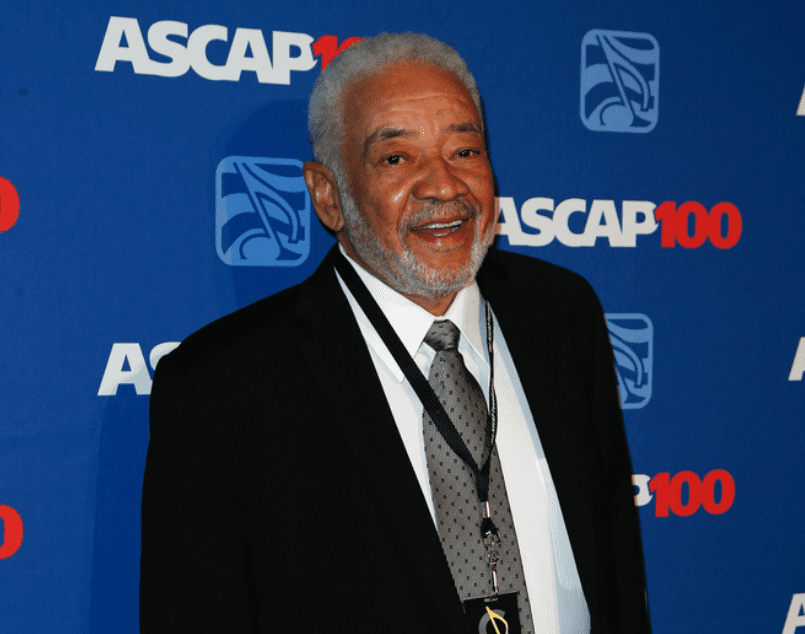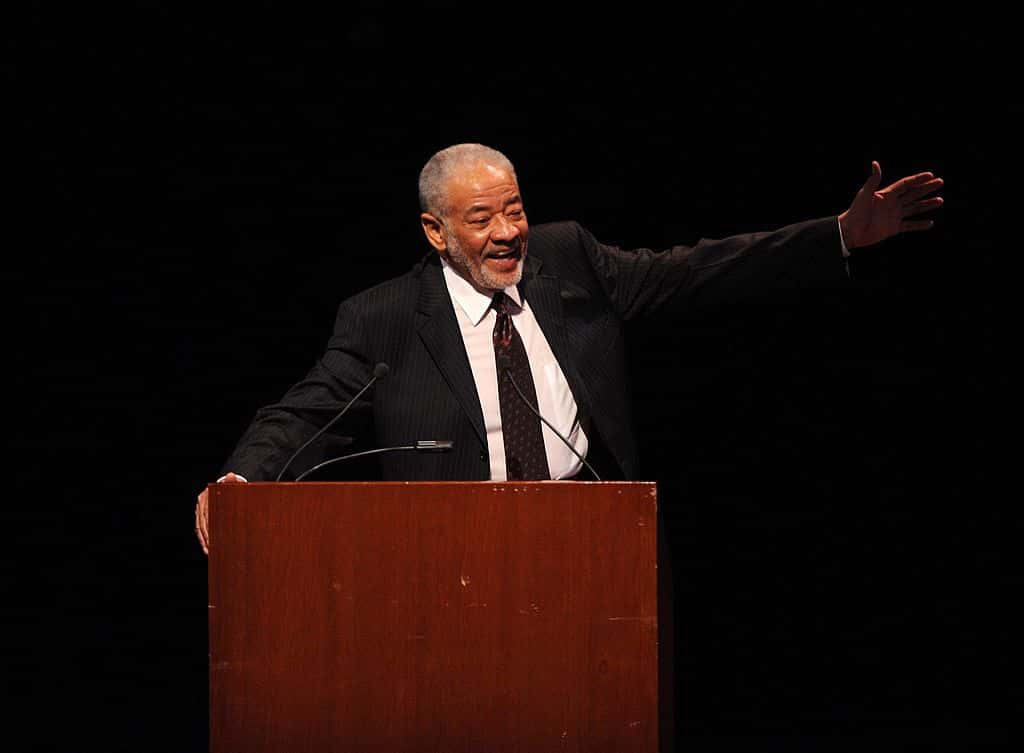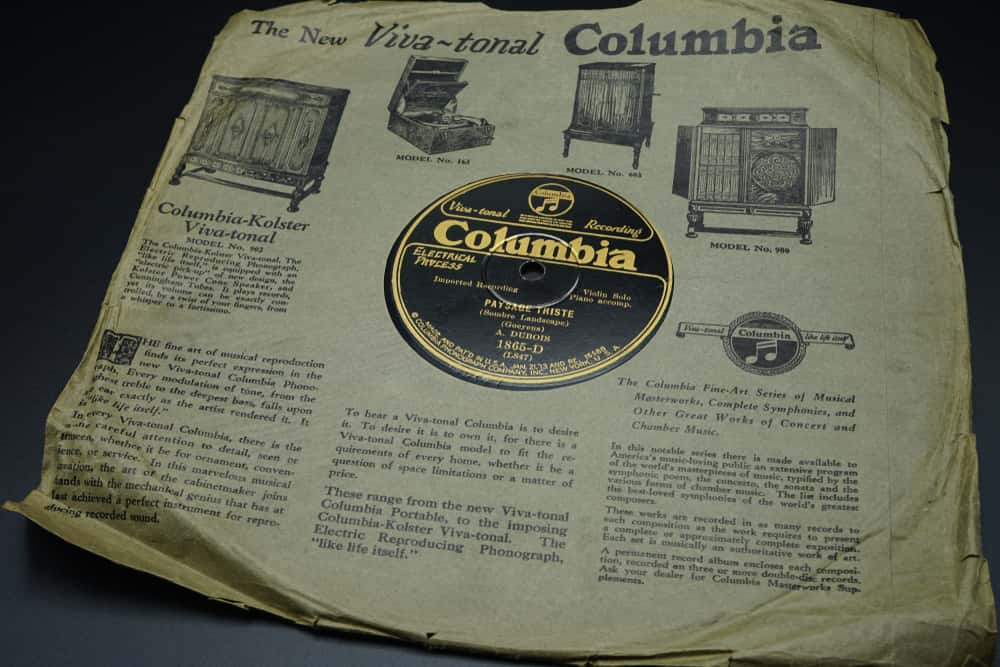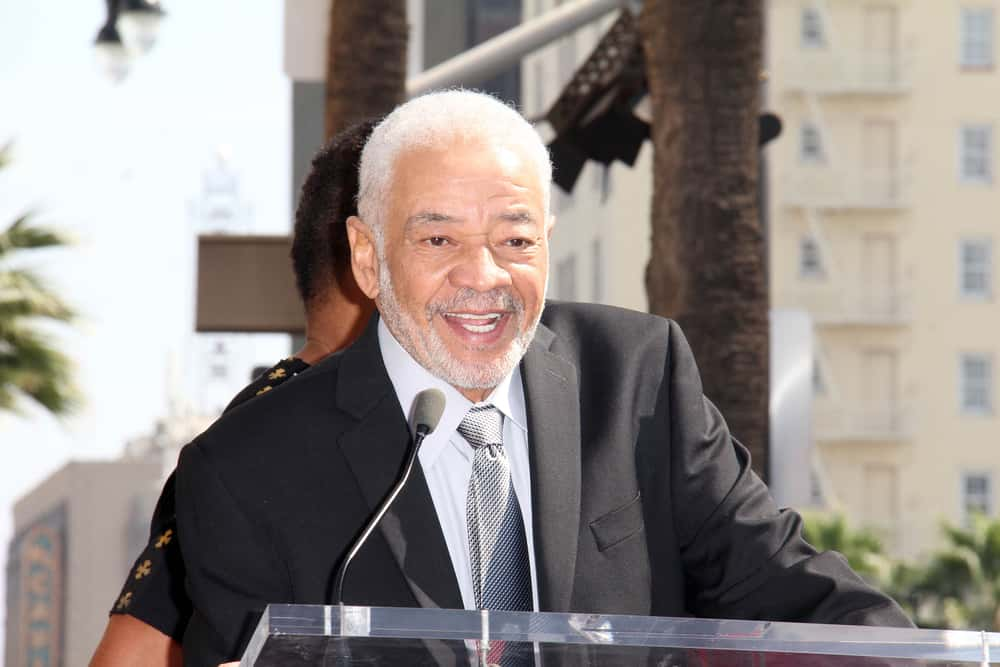It is highly unlikely that you have gone through life without hearing songs like “Ain’t no Sunshine” or “Lean on Me,” or any other of the timeless classics by Bill Withers. It is likely though, that you don’t know much about Withers’ heartbreaking beginnings, his rocky journey to stardom, and the factors that led to his difficult decision to walk away from fame not long after he’d achieved it. Read on to discover some soulful facts about the musical icon.
1. Humble Beginnings
Born in 1938 in a world that still hadn’t recovered from the Great Depression, William Harrison Withers Jr. was the youngest of six kids. Father William Sr. was a miner, and mother Mattie, a maid. Withers’ childhood was spent entirely in the tiny coal-mining town of Slab Fork, West Virginia, and the neighboring town of Beckley.
Factinate Video of the Day
2. Say My Name
Although he was best known as Bill later, his friends used to call him Lil’ Brother when he was younger. The sense of community was strong and the kids on the street all grew up together, always hanging out in a group. His old friend CV Thompson recalled that he never felt as if Withers thought he was too good for the old crowd whenever they’d meet up later in life.
3. A Matter of Speaking
Withers was a quiet and reserved boy, and it was due to one sad reason: He had a stutter that made him feel uncomfortable talking too much in front of other people. As he grew older, he realized that the problem was psychological and the fear of what people would think of him when he said something led to the stuttering.
4. Overcoming Hurdles
Happily, Withers was able to solve his stuttering problem by doing some exercises that helped him feel more at ease in front of people. One of these was the oldest trick in the book: Imagining the listener naked so he wouldn’t be intimidated to speak. The good thing was that it worked. His speech cleared up and he would only stumble on a word or two later.
5. Bend in the Road
In 1951, when Withers was only 13, he experienced a heartbreaking tragedy. That was the year his father passed away. Money had always been tight, and he had to do any and all odd jobs that came his way to pitch in and support his grieving family. Within a couple of years, he was tired and frustrated.
6. Yvan eht Nioj
After working for years to support himself and his family throughout his final years of high school, he’d finally had enough. Withers knew he needed to leave Beckley to escape the rut he was in, so he came up with a plan. As soon as he graduated high school in 1956, he left his hometown to join the Navy.
 Wikimedia Commons, Seaman Adam K. Thomas
Wikimedia Commons, Seaman Adam K. Thomas
7. Prove it
Just a few years before Withers graduated, the Armed Forces had officially been desegregated. However, when Withers made his way there, he came to a bitter realization. Just because he was able to train alongside other races, it didn’t mean that he was going to be treated as an equal. It made him all the more adamant to prove himself though, and he was determined not to fall prey to any stereotype.
 Public Domain Pictures
Public Domain Pictures
8. Navy Work
One thing Withers knew for sure was that he did not want to get stuck as a cook or steward on board. At his first naval base in Pensacola, he made his way to the aircraft mechanic school there. He was frustrated that many people thought he was “genetically inferior,” but he wanted them to know he could handle much more than they thought he was capable of.
9. Done and Done
Withers wound up staying in the Navy for nine years. He had been transferred to California when he decided he wanted to leave, but first, he needed to clear his speech issue. He figured if he was brave enough to get rid of the stutter, he’d have the guts to quit the Navy too. His reasoning worked. In 1965 Withers was both stutter-free and able to walk away from the Navy.

Sign up to our newsletter.
History’s most fascinating stories and darkest secrets, delivered to your inbox daily. Making distraction rewarding since 2017.
10. Workin’ It
Withers may have had enough of the naval life, but that didn’t mean there was some glamorous job awaiting him in California. The first paid work he found was as a milkman, and he was the first black man to have been hired for the job. He didn’t stick with it for too long, though—other things were on the horizon.
11. What a Man’s Gotta Do
His next stint was at an aircraft factory. Withers was overqualified for the job, but he needed to make money to survive, and his options for employment were limited. It was during this time, when he was making just $3 an hour, that he made a life-changing discovery when he visited a nightclub in Oakland and was blown away by what he saw.
12. The Clue at the Club
The singer Lou Rawls was performing there that night, and he blew Withers away—but not for the reasons you’d think. Withers was surprised to learn that Rawls was earning $2,000 per show, despite the fact that he rarely even turned up on time. Combine that with the fact that Rawls was extremely popular with the ladies, and that knowledge was enough for Withers to decide he needed to take some drastic measures to improve the way things were going in his own life.
13. Making Music
Withers formulated a plan and started by buying a guitar at a pawn shop and teaching himself how to play it. He’d always loved music and had enjoyed hearing the band play when he was in the Navy. For the next few months, he continued working every day and saving the money he made, until he finally had enough to record a demo.
14. Musical Me
Learning music was actually a return to a part of himself that he’d lost after the passing of his father. Withers had grown up listening to country music in his hometown and gospel music at church. In fact, it had actually inspired him to write a song when he was just four years old. He might not have been formally trained, but for Withers, music had always been a huge part of who he was.
15. Deal Makers
Everyone needs someone who sees their potential and believes in them, and Withers was lucky to find that person not long after he’d recorded his first demo. Clarence Avant had recently founded Sussex Records and was very impressed when he heard Withers’ singing. Withers was impressed too—Avant was the first black businessman he’d met.
16. The Process
As a new artist working for an upstart label, Withers didn’t exactly have a glamorous time when it came to recording his first album. The label only had enough money for a few sessions spread out over the course of months. Total cost? $3,600.
17. Backup Plan
Withers was one focused, hard-working individual. While recording Just as I Am, he was still working for the aircraft company and installing toilets on Boeing 747s. Throughout this period of time, he was hiding a dark fear. Even when the album was done, he made no plans to quit his job. He knew how fickle the music industry was, and he didn’t trust that he wouldn’t be left in the cold and penniless without his day job.
 Library Of Congress - GetArchive
Library Of Congress - GetArchive
18. Cover Up!
Interestingly, Withers’ first album cover was shot at his workplace! It was during his lunch break and it featured him in the factory, holding his lunch pail. His coworkers joked about it, thinking it was funny. I wonder how funny they found it when his album became such a massive hit!
19. Big Hit
When Just As I Am was released, all of Withers’ dark fears went out the door. The album was a success, and it propelled Withers to fame and fortune. The album featured what would become one of his best-known songs, the ageless classic “Ain’t No Sunshine.” The song got him a Grammy in 1972 and has been covered by scores of famous artists, including Michael Jackson, Sting, and Prince.
20. Inspired
“Ain’t No Sunshine” is a haunting song filled with heartbreak, but few know the dark story that inspired it. It wasn’t taken from Withers’ personal experience—he actually was inspired by the movie Days of Wine and Roses, about two alcoholics who struggle with their addiction. The film prompted Withers to write about missing something which isn’t necessarily good for you.
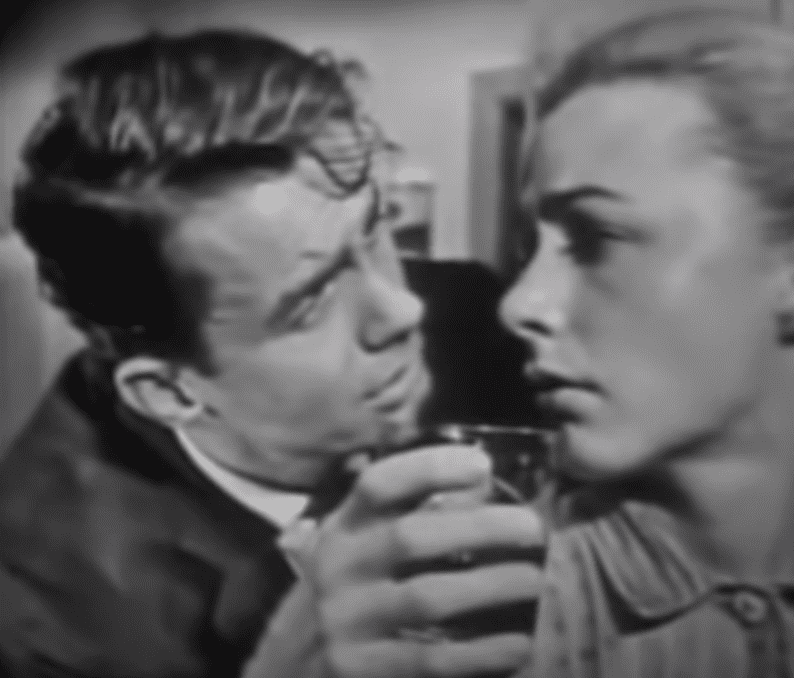 Days of Wine and Roses,Warner Bros.
Days of Wine and Roses,Warner Bros.
21. Recognizable Riff
The song ends with the memorable refrain of Withers repeating “I know, I know, I know,” but it wasn’t originally supposed to finish that way. Withers sang that as a filler, thinking he’d change it later, but the consensus in the studio was for him to leave it like that. Withers felt that the real musicians probably knew better than “a factory worker puttering around,” so he agreed.
The refrain is one of the most recognizable parts of the song and was recently used by Shawn Mendes and Camilla Cabello in their song “I Know What You Did Last Summer.”
22. Two Letters
As mentioned, Withers hadn’t planned to leave his factory job after recording Just as I Am—but he was in for a rude surprise. He was actually laid off before the album was even released. The factory people ended up eating their words though, and later sent him a letter asking him to return. That letter was nothing compared to another he received that very same day.
23. Welcome to the Big Time
In a coincidence that sounds like something out of a classic rags-to-riches story, on the same day Withers heard from his former workplace, he also received a piece of mail that would change his life. It was an invitation to appear on Johnny Carson’s The Tonight Show.
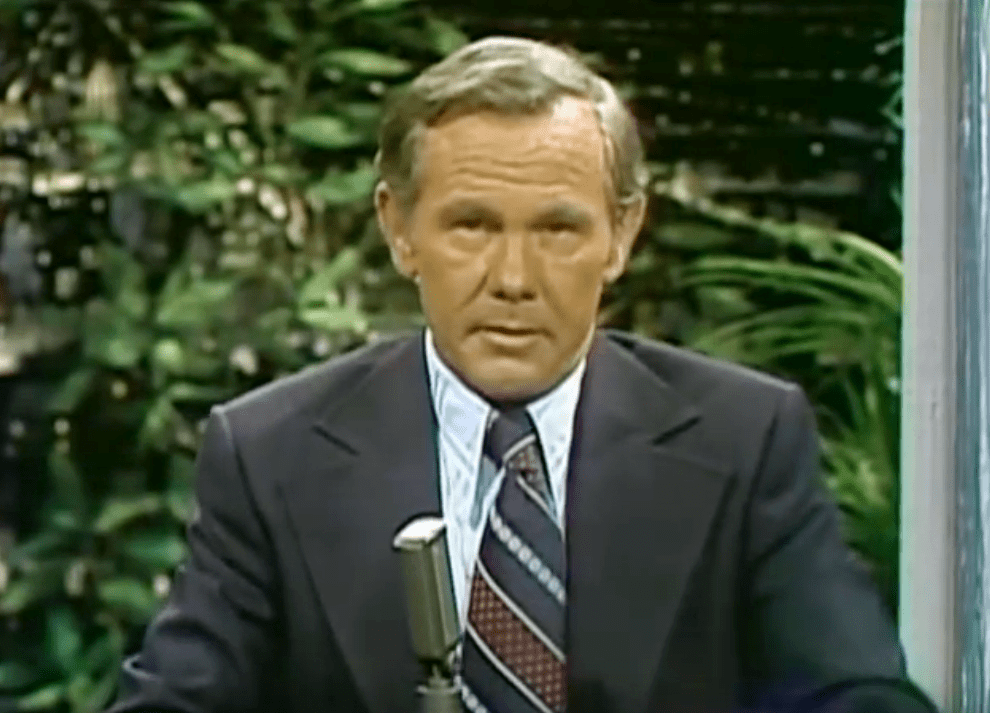 The Tonight Show (1962–1992), NBC
The Tonight Show (1962–1992), NBC
24. Another Chart Topper
After the success of his first album and the tour that followed, Withers found himself more than a little tired of writing love songs. After learning a simple chord progression on the piano, he came up with the song “Lean on Me.” It became another classic entry in his song catalogue and is best described as a heartwarming ode to friendship.
25. The Second Album
It’s a classic now, but Withers nearly didn’t release the song “Lean On Me.” He thought it was too simple, but everyone at the studio loved it. It became the centerpiece of his second album, Still Bill, and was a massive hit. Guess those musicians and record execs knew what they were talking about after all.
26. Simple Challenges
For Withers, the challenge in writing songs was to try and make them as simple and uncomplicated as possible. He believed that was the reason why his songs had lasted over the years because they were about feelings people could relate to and they were easy to remember and hum along. In that way, he considered himself a “lyrics snob.”
27. Having It All
Withers was flying high after the success of his first two albums—but he was about to learn that not everything always works out at once. In 1973, he married Hollywood actress Denise Nicholas, but their marriage quickly went from fairy tale to nightmare.
28. Tears and Trauma
Sadly, the relationship between Withers and Nicholas was rocky long before their wedding. Nicholas revealed that the year before they got married, she’d tried to break up with him over the phone, only for him to fly to her location and attack her. While she reported the incident, she never pressed charges.
29. He Loves Me, He Loves Me Not
Sussex Records head Clarence Avant remembered that before the wedding, Nicholas had cried and said that she didn’t think Withers loved her. Either way, the wedding went on, but within a year it would all be over between them.
30. Who Wears the Pants
During their marriage, both Withers and Nicholas were interviewed in Black Stars magazine about their marriage—and Withers gave a chilling quote about what he thought of being married to another celebrity, saying “I’m a male chauvinist, so to me, it would not make any difference as long as […] nobody tries to emasculate me.”
 Flickr,U.S. Army Corps of Engineers Norfolk District
Flickr,U.S. Army Corps of Engineers Norfolk District
31. The Aftermath
Withers’ and Nicholas’s divorce was finalized just before what could have been their second wedding anniversary. Withers was shattered and poured his heart out in his next album, +Justments. The album laid bare the problems that had existed in their marriage and pulled no punches.
32. Management Trouble
Withers liked being his “own man” and had strong opinions about everything. At one point he had hired a manager, but the experience had been so terrible that he compared it to “getting a gasoline enema.” He refused to hire another one after that. The man who had started his career by deferring to others in the studio became someone who was feared by all, according to Sussex Records head Clarence Avant.
33. Unhappy
Sussex Records ran out of money and folded in 1975, but Withers had been unhappy long before that. He’d felt he unappreciated and overlooked, and he was annoyed that he was often still only billed as an opening act for other artists like Jethro Tull. However, the worst was yet to come.
34. Singing for Columbia
After Sussex went bankrupt, Withers signed a five-record deal, but the relationship was doomed from the beginning. The very first thing the A&R executive said to Withers was that he wasn’t a fan of his music, or any black music. Kinda makes you wonder what possessed them to bring him on board then?
35. More Issues
Withers was understandably quite unhappy at Columbia. He found that everything he did was questioned, unlike at Sussex where he’d had full creative control. He recorded five albums with Columbia, but his heart wasn’t in it. After years of struggle—more on that later—he finally left the music business in 1985.
36. The Good Wife
Withers married Marcia Johnson in 1976 and said that he felt “lucky” to have found a devoted partner—who also happened to have an MBA! She managed his publishing business, which he called a “mom and pop shop.” She was responsible for having his songs placed in commercials and movies, ensuring that they’d be financially set for the rest of their lives.
This also left Withers free to walk away from his terrible experiences with the recording industry.
37. The Good Fight
Johnson and Withers were also passionate members of SAY, the Stuttering Association for Youth. Withers felt strongly about the cause because of his own traumatic childhood experiences with stuttering. The couple was inducted in the SAY Hall of Fame in 2018.
38. Family Guy
The upside for leaving music for Withers was that he got to spend more time to spend with family. The couple had two kids, Kori and Todd, who remember wonderful times with their parents when they would go on cross country drives and have “James Brown dance parties” in their pajamas.
39. Honored
Withers was inducted in the Rock and Roll Hall of Fame in 2015. It came as a surprise to him, but he said he was glad to represent the “old junk” category. Though he didn’t perform himself, he joined Stevie Wonder and John Legend when they sang “Lean on Me.” It would This was the last time an audience heard Withers sing in public.
40. A Peaceful Living
Despite the fact that Withers’ music had been so loved, he never regretted walking away from fame. Joe Walsh, Eagles guitarist, said Withers had told him he disliked fame because it made people treat him differently, and he hated the “business side of making music.”
41. Taylor Fan
Withers may have kept up much with music after his retirement from the industry, but he was actually a fan of Taylor Swift, of all people. He felt she deserved all her success, but he wasn’t familiar or interested in the other people he heard on the radio. “Asking me about today’s pop music would be like asking me who the national marbles champion is.”
42. No More
Success means different things to different people. He’d seen his dreams come true, he was “tired” of the business, and wanted to spend time “living.” Once he was done, even the offer of a lot more money didn't give him enough incentive to tour. His reasoning: “What else do I need to buy?” Quite a refreshing perspective, that one.
43. One Last Time
After he left the music business, Bill Withers didn’t perform in public—with one notable exception. He agreed to perform at the 40th birthday party for the owners of the Detroit Pistons, Tom Gores. As he put it, “the numbers [for my fee] got so high my nose started to bleed.”
44. The Final Goodbye
Withers passed away on March 30, 2020. A private yet much-loved man, many mourned his passing and honored his legacy by posting pictures and stories about him. Justin Timberlake, Pharrell, and many others talked about his contributions and shared their memories of his music.
45. Granny Dearest
Withers spent most of his childhood with his grandmother in Beckley, and when it came time to record his first album, he made a heartwarming tribute to her in the form of the song “Grandma’s Hands.” It recalls the times he watched her clap her hands at church and is a touching ode to an adult who had loved him and tried to keep him safe and happy as a child. The song is one of his most beloved.
46. Sussex Down
As the relationship between Withers and Sussex Records wore on, things began to sour between the two parties. Withers recalled a time when, despite all the record sales he’d brought to the label, he hadn’t been paid in a while. They claimed there was no money to pay him—and his reaction was unforgettably chilling.
47. Cutting Off Your Nose to Spite Your Face
At the time, Withers was just about to complete an album that would be released by Sussex. In a moment of pure rage and spite, he erased the entire record—guess that’s what happens when you don’t have a manager to tell you no. Withers felt that it was the only way he could strike back at the label that he’d given so much to.
Sussex folded soon after.
48. Stay Out
From 1978 all the way to 1985, Bill Withers didn’t record a single album with Columbia, all for one infuriating reason: a man named Mickey Eichner, who was then A&R head at Columbia. Withers claimed Eichner kept him out of the studio and at one point even suggested he cover an Elvis song, which Withers found very insulting.
Not the way you want to treat a top-billed artist, but that’s far from the most upsetting allegation Withers made.
49. He Said He Said
Eichner fired back at Withers’ allegations, claiming that things had happened completely differently and that the singer had been stubborn and unwilling to listen to reason. He also claimed that an album that Withers had delivered and that he’d been unwilling to work to improve it.
50. Creepy
Columbia had Withers record his last album, Watching You Watching Me in the home studio of a complete stranger, where the singer said he saw a five-year-old girl was running around without any clothes. The executives told her to go “play with Bill,” but this unnerved him so much that he left.
After that disturbing incident, he found that he was ready to walk away from his music completely. That was his last album.
Sources: 1, 2, 3, 4, 5, 6, 7, 8, 9, 10, 11, 12, 13, 14, 15, 16, 17, 18, 19, 20, 21, 22, 23, 24, 25, 26, 27, 28

